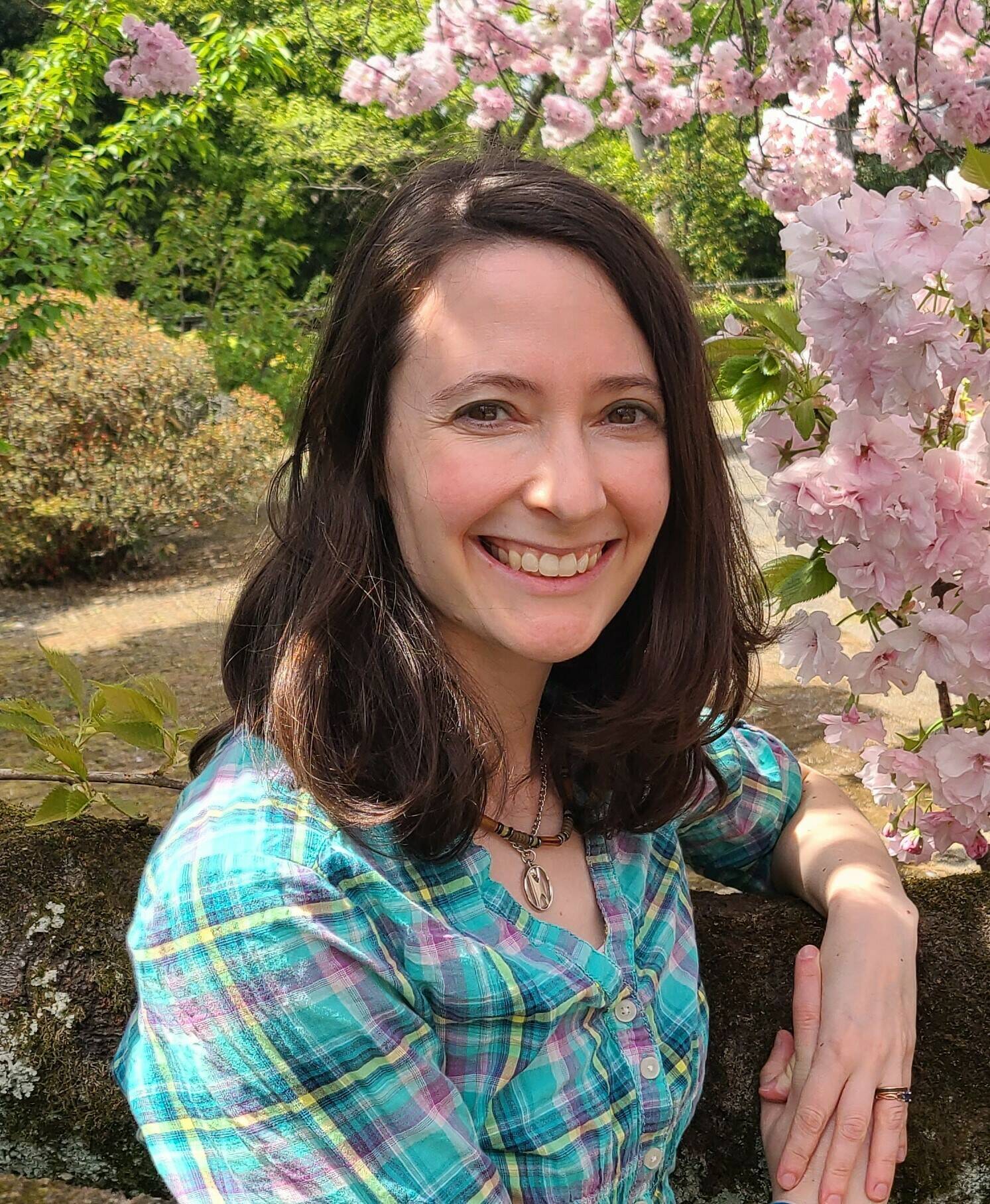During my first few years on the Black Diamond City Council, I was able to usher in a new and exciting addition to community safety through promoting a pilot program on therapeutic courts in our city’s court.
Therapeutic courts are all about accountability, but with the end goal of replacing anti-social behavior with pro-social activities and mindsets. Simply throwing someone in jail and hoping for the best is clearly not working – especially when we know that the odds are stacked against people who do time but do not learn new ways to address their suffering. What we see by and large on our streets is a direct reflection of the old ways of doing things, and how they are not working.
Our judge was incredibly excited about the prospects of a court focused on intervention, healing, and addressing the root causes of trauma and addiction.
Throughout these few years, including while serving on the public safety committee, I have been delighted to hear of success stories. People have been picking up the pieces and finally molding them into something beautiful. Those who went through this program have been in mental health treatment. Even more, and as a result of addressing the root causes of their adversities, they obtained drivers’ licenses, participated in community service projects, and are finding new inspiration after a new lease on life.
We are a community that believes in working hard to get where we want to go in life – community and therapeutic courts help provide the tools that people may have never gotten before to take responsibility for their past in forward-thinking ways. These courts provide hope, and where there is hope, there is action
I hope we can continue to show our continued support for the Black Diamond therapeutic courts grant. I ask my colleagues to join in renewing and extending this program and its life-saving services. Taking a calculated risk on this program was met with enthusiasm; now that we can see documented reason to hope for continued success, we must meet this renewal with even greater enthusiasm.
Furthermore, I call on councilmember Reagan Dunn to also publicly show his support for the expansion of therapeutic courts (and also advocating for us to finally get transit options out here – how good are resources if people who are struggling can’t access them?).
In our most recent tri-cities meeting along with Covington and Maple Valley, we got to hear about his commitment to our shared concern around drug overdoses, substance abuse and addiction writ large, the fentanyl crisis, and needs for continuing to curb bad trends in property crimes and crimes borne out of substance abuse, trauma, and mental health. I emailed him and am once again waiting for a response. I am concerned that there are elements of playing politics in this silence, but I am asking for the sake of our District 9 residents that we come together on this shared value for getting to the root of the program.
In light of jurisdictions such as the City of Seattle cruelly divesting these life-saving programs, we in South King County can show that we do not give up on people by simply throwing them behind bars and keeping our problems out of sight, out of mind – until the results of substance abuse and unhealed trauma are facing us again on our streets. Jails are some of our most costly uses of taxpayer dollars – and also the least effective. If we do not like what we see playing out, let’s change course and do something that actually works. We can end the cycle. We can be better. Let’s do this.
Our small pilot program is clearly yielding fruitful results. Protecting and expanding this service will be essential to providing rehabilitation to court participants.
Considering the few who have gone through the program have started on a pathway of upward mobility rather than recidivism or even a downward spiral, I wonder how many more lives we can positively impact be recommitting to the Therapeutic Courts program.
The lives touched may be uncountable since participants have been successful In essence, this program leaves a positive ripple effect on people from loved ones to employers to how we can make sure officers can be more freed up for other neighborhood concerns.
Let’s break the cycle. Future generations will thank us for it.


